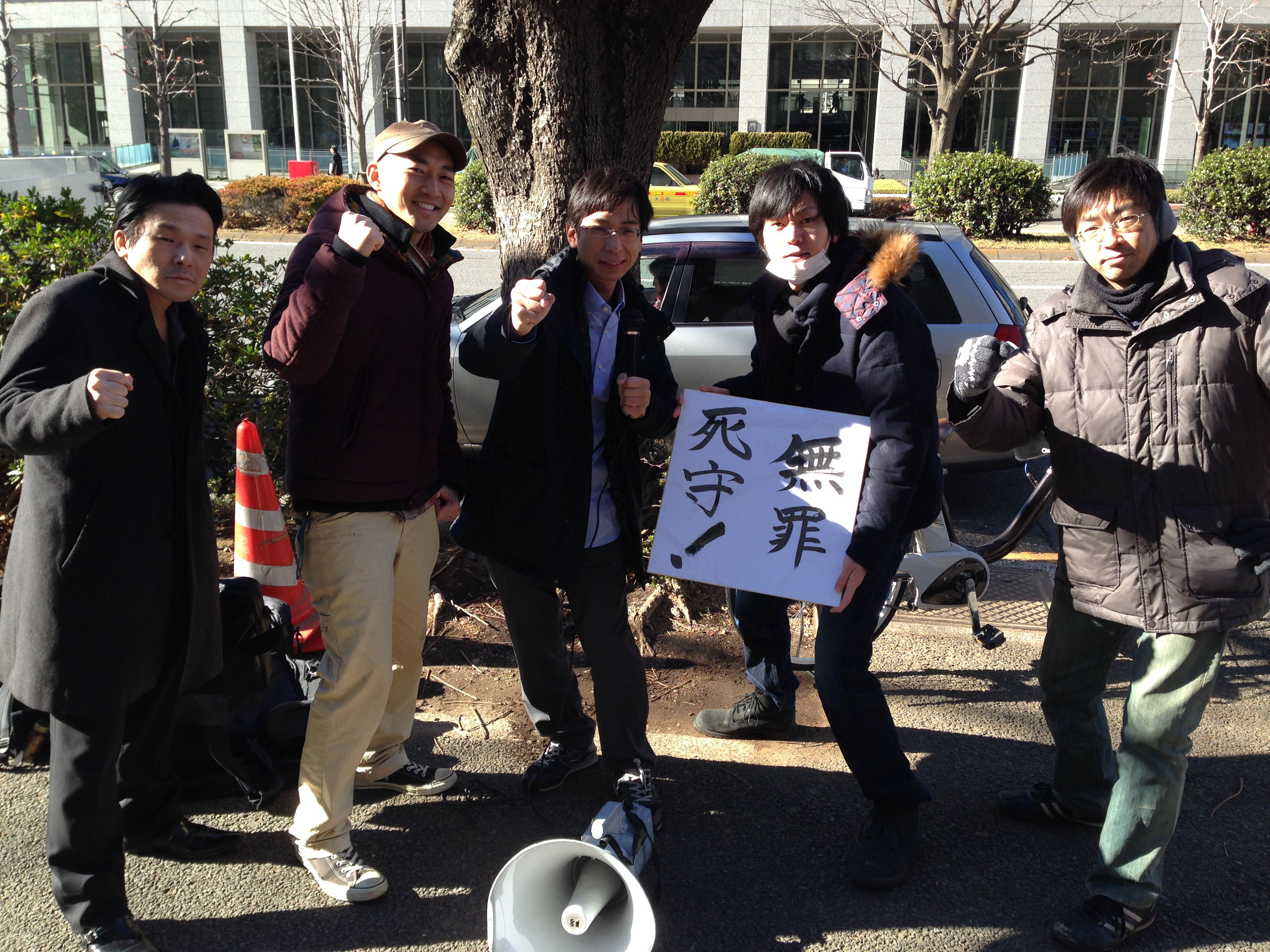At first glance, Japan's tranquil campuses would appear to have little in common with Taiwan's universities, where police recently clashed violently with students protesting a trade deal struck with China. One marked exception, however, would be Hosei University in Tokyo, which for several years has been the scene of intense conflicts between sections of the student body, administrators and police.
Since the trouble began in 2006, there have been 125 arrests and 33 indictments for trespassing, violating bylaws on assembling and obstructing government officials, among other offenses. Eight Hosei students have been suspended indefinitely for their part in the protests and three expelled. While most of those indicted have been convicted, in February this year five activists were found not guilty in one of the main trials in the long-running saga.
Hosei students Taku Arai, Makoto Masui, Ryo Onda and Yuichi Utsumi and former Tohoku University student Yosuke Oda had been charged in June 2009 under the Law for the Punishment of Acts of Violence, a prewar statute often used against organized crime that carries a maximum penalty of three years in prison. Their first trial ended with an acquittal in May 2012 and this February the Tokyo High Court upheld the verdict and also rejected the prosecution's final appeal.



















With your current subscription plan you can comment on stories. However, before writing your first comment, please create a display name in the Profile section of your subscriber account page.